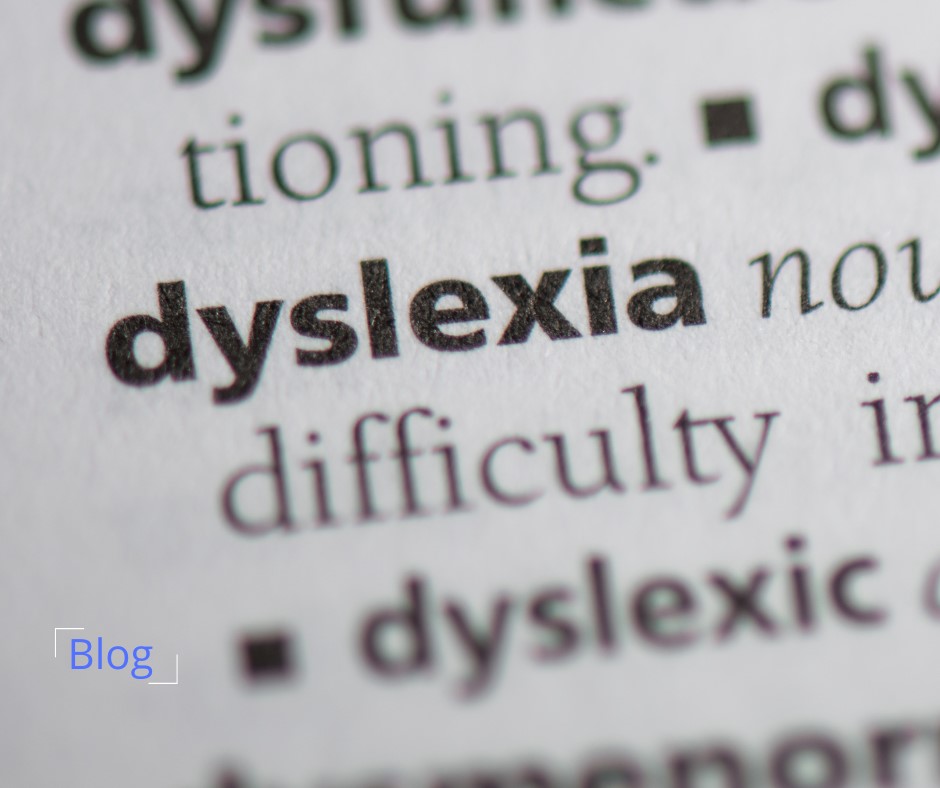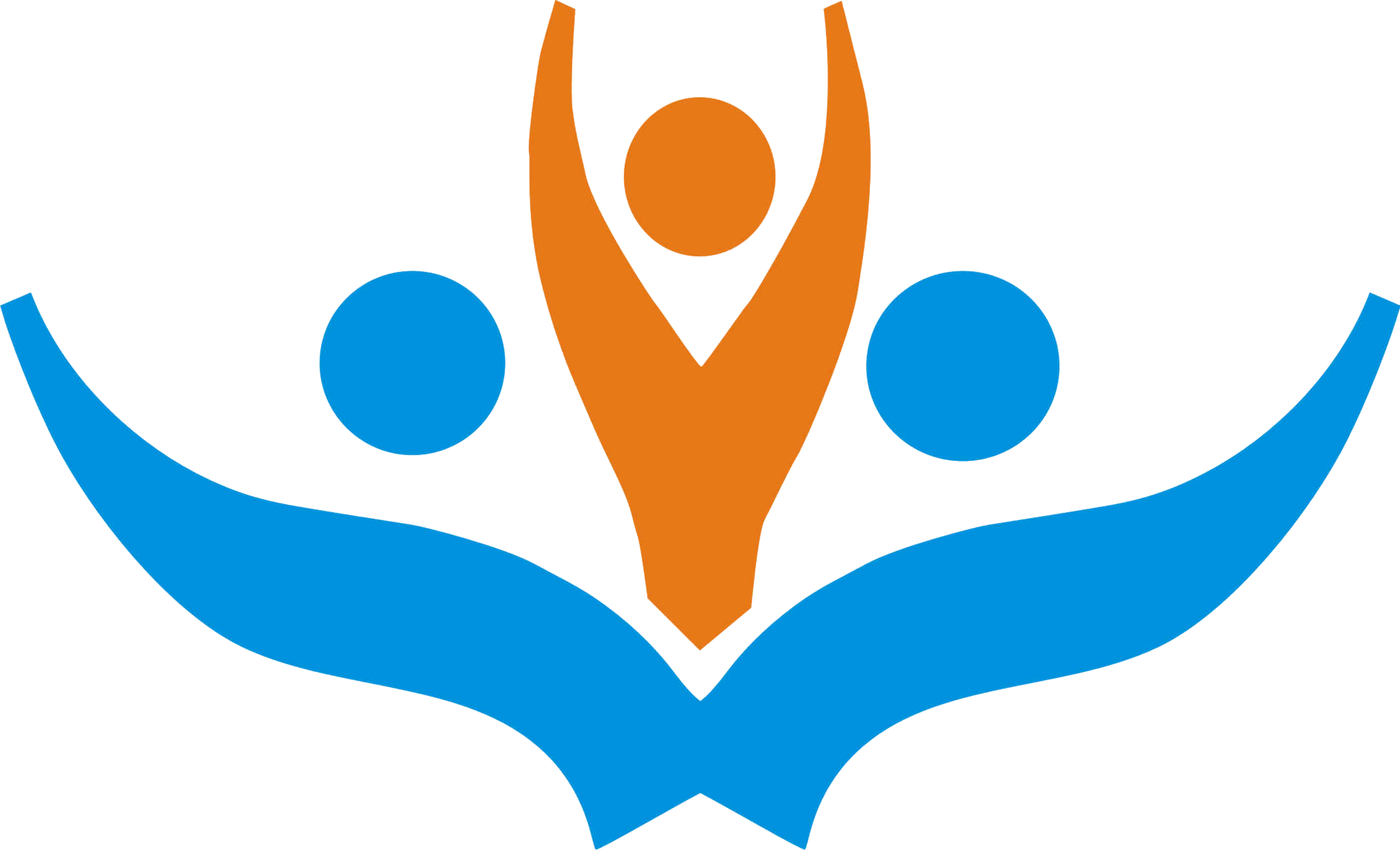
With an early Dyslexia Assessment, You’ll be on the right track
Dyslexia is a neurological condition that causes literacy difficulties. It is a lifelong learning disability that impairs working memory, information retention, organization, processing speed, and affects how your child begins to learn as well as their future education and employment. In fact, because how it can affect daily life, people with this condition have higher rates of anxiety and depression.
Dyslexia comes in many forms and can range from mild to severe. But the most common are language-based, where individuals would struggle with specific aspects such as reading comprehension, spelling and writing. Although they may struggle to read on their own, many people with the condition do not struggle to understand what is read to them. However, Dyslexia is more than just difficulty reading and writing; many people who have it also have Dyscalculia (difficulty with numeracy), Attention Deficit Disorder (ADD), and Attention Deficit Hyperactivity Disorder (ADHD).
A child may have Dyslexia if they have trouble reading, sounding out words, or comprehending what they have read. There are several different types of this condition, including Double Deficit Dyslexia, Phonological Dyslexia, Visual Dyslexia, Rapid Naming Dyslexia and Surface Dyslexia. Dyslexia can be developmental (genetic) or acquired (coming from a severe brain damage or disease).
Living with Dyslexia, like learning difficulties, can affect people throughout their lives, though how much it affects them, changes as they grow older, and everyone’s Dyslexia is different. Children with this condition either cannot learn to read or they learn to read slowly. That is why it is critical that teachers and parents focus on assisting children with the condition from the earliest stage. People with Dyslexia are not less intelligent, and there are very successful people with the condition in every sector.
When they do read, they will be less fluent and accurate than someone who does not have Dyslexia. Severe Dyslexia is obvious when a child begins school, is unable to learn to read, and show up some of the following signs:
• When reading, they make mistakes or finds it difficult
• Slower than their siblings to learn to read
• Refuse to read aloud and prefer to read in their head
• When reading silently, they move their lips
• Appears to be very bright, but struggling in school
• Get tired from reading
• Are baffled at what they’ve read
In more severe cases, special education, special accommodations or additional support services may be required.
The severity of Dyslexia and the effectiveness of training or rehabilitation have varying effects on each individual. Word identification, fluency, writing and spelling are major challenges. Some people with Dyslexia can learn to read and spell at a young age, especially if they receive adequate training. Even then, they struggle the most when more advanced language skills are required, such as grammar, reading books and writing assignments.
Even after being exposed to appropriate language models at home and receiving adequate language instruction at school, people with Dyslexia may struggle to speak. They may find it difficult to express themselves clearly or understand what others are talking.
Language impairments can be difficult to detect, but they can potentially have serious consequences in learning, training, work and social interactions. Dyslexia has far-reaching consequences outside of the classroom. The condition can also have an impact on a person’s self-esteem.
Although Dyslexia cannot be cured and cannot be outgrown, the difficulties that come with it can be greatly reduced with early intervention, the right teaching and support. There are a number of assistive technologies, such as text-to-speech, that can help accommodate people with Dyslexia in addition to early intervention and assistance. Although Dyslexia never truly goes away, most people learn how to cope with and get through the difficulties it causes.
Chetna Foundation plays a frontline role in supporting dyslexic people and in the development of policy and practice on dyslexia-related issues. We help in inspiring and empowering people with Dyslexia reach their full potential.
| Tweet |





